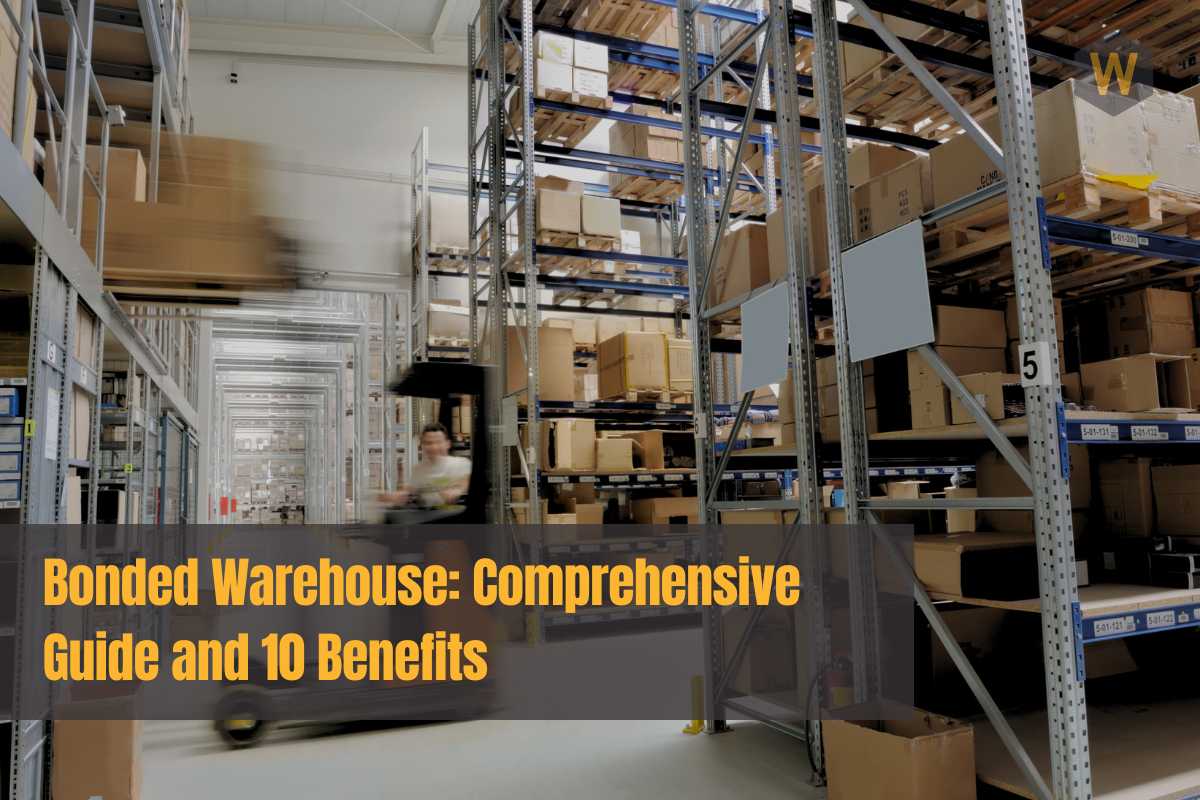Introduction to Bonded Warehouses
Bonded warehouses play a vital role in international trade, offering businesses a strategic advantage for managing their goods. This article aims to provide a comprehensive guide to bonded warehouses, exploring their significance, operational mechanisms, and the various benefits they offer to businesses.
Definition of a Bonded Warehouse
A bonded warehouse is a secure storage facility authorized by customs authorities to store goods that have not yet cleared customs. These warehouses enable businesses to defer payment of customs duties and taxes until the goods are released for sale or distribution.
Historical Context
The concept of bonded warehousing dates back several centuries, evolving in response to the needs of international trade.
Development Over Time
Initially designed to facilitate trade and reduce costs, bonded warehouses have adapted to changing global trade dynamics, becoming essential for modern supply chains.
Types of Bonded Warehouses
Bonded warehouses come in various forms, each serving specific purposes within the logistics landscape.
Public Bonded Warehouse
Public bonded warehouses are operated by third-party companies, allowing multiple businesses to store goods under one roof. These facilities are accessible to any business that requires bonded storage.
Private Bonded Warehouse
Private bonded warehouses are owned and operated by a single company, offering exclusive storage for their goods. This type of warehouse is ideal for businesses with high storage volumes and specific needs.
Foreign Trade Zones
Foreign trade zones (FTZs) are designated areas where goods can be stored without being subject to customs duties. These zones enhance the efficiency of international trade by providing tax incentives and reducing customs processing times.
How Bonded Warehouses Operate
Understanding the operational framework of bonded warehouse is crucial for businesses looking to utilize them effectively.
Customs Regulations
Bonded warehouses are governed by strict customs regulations that dictate how goods can be stored and managed. Compliance with these regulations is essential for the smooth operation of a bonded warehouse.
Process of Storing Goods
The process of storing goods in a bonded warehouse involves several steps, including documentation, inspection, and inventory management.
Documentation and Compliance
Proper documentation is crucial for maintaining compliance with customs regulations. This includes maintaining accurate records of goods stored, their origins, and intended destinations.
Benefits of Using Bonded Warehouses
Bonded warehouse offer numerous advantages that can significantly enhance a business’s operational efficiency.
Tax Deferral Advantages
One of the primary benefits of using a bonded warehouse is the ability to defer customs duties and taxes. This tax deferral allows businesses to manage their cash flow more effectively.
Cash Flow Management
By deferring payment of customs duties, businesses can use their capital for other operational needs, improving overall financial health.
Enhanced Security
Bonded warehouse provide a secure environment for storing goods, protecting them from theft and damage.
Theft and Damage Protection
With round-the-clock surveillance and strict access controls, bonded warehouses ensure that stored goods remain safe and secure.
Streamlined Customs Processes
Using a bonded warehouse simplifies the customs clearance process, allowing businesses to navigate international regulations more efficiently.
Challenges of Bonded Warehouses
Despite their benefits, bonded warehouse also present certain challenges that businesses must consider.
Compliance Costs
Maintaining compliance with customs regulations can incur significant costs, including documentation and reporting expenses.
Navigating Regulations
Businesses must stay informed about changing regulations to avoid penalties and ensure smooth operations.
Limited Storage Time
Bonded warehouses may impose time limits on how long goods can be stored, requiring businesses to plan accordingly.
Choosing the Right Bonded Warehouse Zones
Selecting the right bonded warehouse is critical for maximizing the benefits of this storage solution.
Location Considerations
The location of a bonded warehouse can significantly impact shipping times and costs. Businesses should consider proximity to transportation hubs and customers when choosing a facility.
Service Offerings
Different D2C E-commerce offer varying services, such as inventory management and logistics support. Evaluating these offerings is essential for making an informed decision.
Conclusion
Bonded warehouses are a vital component of international trade, offering numerous benefits that enhance operational efficiency and cash flow management. By understanding the various types, operational mechanisms, and benefits of bonded warehouses, businesses can make informed decisions that contribute to their success in the global marketplace.
Frequently Asked Questions (FAQs)
What is the primary purpose of a bonded warehouse?
The primary purpose of a bonded warehouse is to provide a secure storage facility for goods that have not yet cleared customs, allowing businesses to defer duties and taxes.
How long can goods be stored in a bonded warehouse?
The length of time goods can be stored in a bonded warehouse varies by country and specific regulations, but generally, it can range from a few months to several years.
Are there specific products that cannot be stored?
Certain products, such as prohibited items and hazardous materials, may not be eligible for storage in bonded warehouses.
What are the costs associated with using a bonded warehouse?
Costs can include storage fees, customs fees, and compliance costs, which vary depending on the warehouse and the services provided.
How does one become a bonded warehouse operator?
Becoming a bonded warehouse operator typically involves applying for a customs bond and meeting specific regulatory requirements set by customs authorities.
Can bonded warehouses handle perishable goods?
Yes, many bonded warehouses are equipped to handle perishable goods, but specific conditions and regulations must be adhered to.
People also read about: Data Science with AWS



